5 Minutes With Dr Julian
Regulatory compliance has been named as one of the biggest challenges to digital health innovation. To cut through the complexity and provide practical guidance, we're gathering leading health entrepreneurs to share their proven strategies.
First-up is Dr Julian Nesbitt, founder and Director, Dr Julian:
What is your innovation, who does it help and how?
Dr Julian Online Mental Health Platform is revolutionising mental healthcare delivery. The platform offers modular and customisable case management systems, electronic health records, and patient-facing platforms, all designed to streamline services and prioritise patient-centric care. Using the platform has been shown to double engagement, improve recovery rates, half the "Did Not Attend" rate, reduce clinical admin time and improve efficiencies in the administration of running a service.
Additionally, Julian provides Telehealth therapy services through a vast network of over 300 accredited clinicians, seamlessly integrated into existing healthcare pathways to address waiting lists and expedite recovery.
What markets do you sell into, and what standards do you need to enter these markets?
From a compliance perspective, the standards required cover both clinical governance and HIT (Health Information Technology) requirements. Ensuring information security as well as the safeguarding/wellbeing of patients is key. Standards that help us achieve these requirements include DCB 0129 (Clinical Risk Management), DTAC (Digital Technology Assessment Criteria), ISO 27001 and DSPT (Data Security and Protection Toolkit).
What part of compliance did you find most painful?
One of the most challenging parts of achieving and maintaining any compliance requirement is understanding and embracing cross-functional collaboration. A shared goal, an understanding of the value and benefits and actions required to achieve and maintain compliance requirements are essential. Clear communication, planning, accountability and responsibility are essential.
What compliance advice would you give other innovators?
I’d say three things: 1. Start by looking at any compulsory requirements relative to your ‘product’ and target market – these should be your priority. ‘Nice to have’ (additional standards/certifications) can follow. 2. Understand your gaps against requirements and whether you can fulfil those internally OR need to engage external expertise. 3. Set out a plan of action and be realistic on timeframes – things often take longer than you think!
What will change now that you are part of the NHS Innovation Accelerator?
The level of advice and support given by the NIA across all disciplines is second to none. Compliance with NHS standards is a great example of this. Laying on the NAQ benchmarking assessment against the DTAC was pain-free and gave everyone a clear and helpful plan for moving forward.
Thank you to Dr. Julian Nesbitt and the team at Dr. Julian for sharing their valuable compliance insights. Visit their website to discover more about their incredible work or keep up-to-date with their latest developments by following them on LinkedIn.










